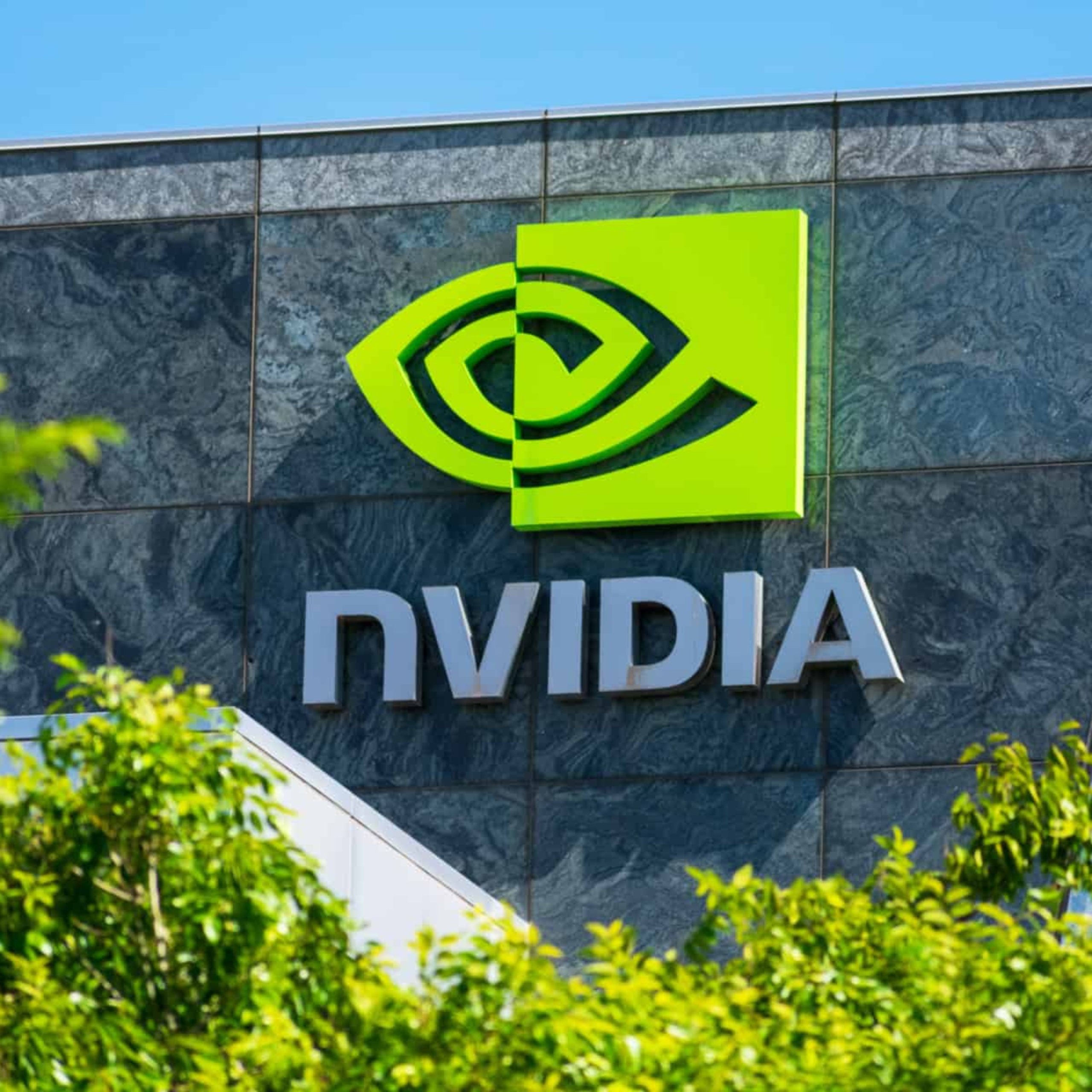Shortly after GTC 2024, Nvidia CEO Jensen Huang revealed that it costs Nvidia between $30,000 and $40,000 to produce a single unit of its most sophisticated chip offerings, the Blackwell B200. Emerging Asian AI startups are challenging Nvidia’s costs and energy efficiency with innovative chip alternatives.
Asian startups are vying for Nvidia’s 70% market share in the AI chip trade. These startups are developing AI chips that tackle Nvidia’s fundamental flaws, such as its bulky packaging and high energy consumption. These startups are focusing their resources and expertise on developing inference chips, used in existing AI models, and training chips, high-powered data-processing components used to develop new AI models. Nvidia’s premium products serve as the epoch of innovation in the market, thereby reflecting in their premium pricing. Toru Nishikawa, CEO of Japan’s Preferred Networks (PFN), states, “No one has come up with the perfect chip architecture for inference.”
Asian AI startups are tapping into the rising demand for on-device AI chips, a segment of the AI chip market Nvidia does not segregate significant resources. Edgecortix, led by Sakyasingha Dasgupta, is specializing in solving the “memory wall” issue that contributes to Nvidia’s energy inefficiency. Dasgupta’s Edgecortix hopes to carve a presence in Japan’s booming robotics market with its bespoke AI chips. “If I’m not hitting memory, I am spending my time processing and computing. So I’m using my chip a lot more [efficiently] than a typical GPU, added Dasgupta.
Sano of Riken believes if the industry’s outlook towards AI calculations radically altered, “there is a possibility that the reign of the GPU might come to an end.” However, he added, “Nvidia is making a lot of profit and has a rich talent pool. I assume it will have a head start in investing in new technology areas as well.”





